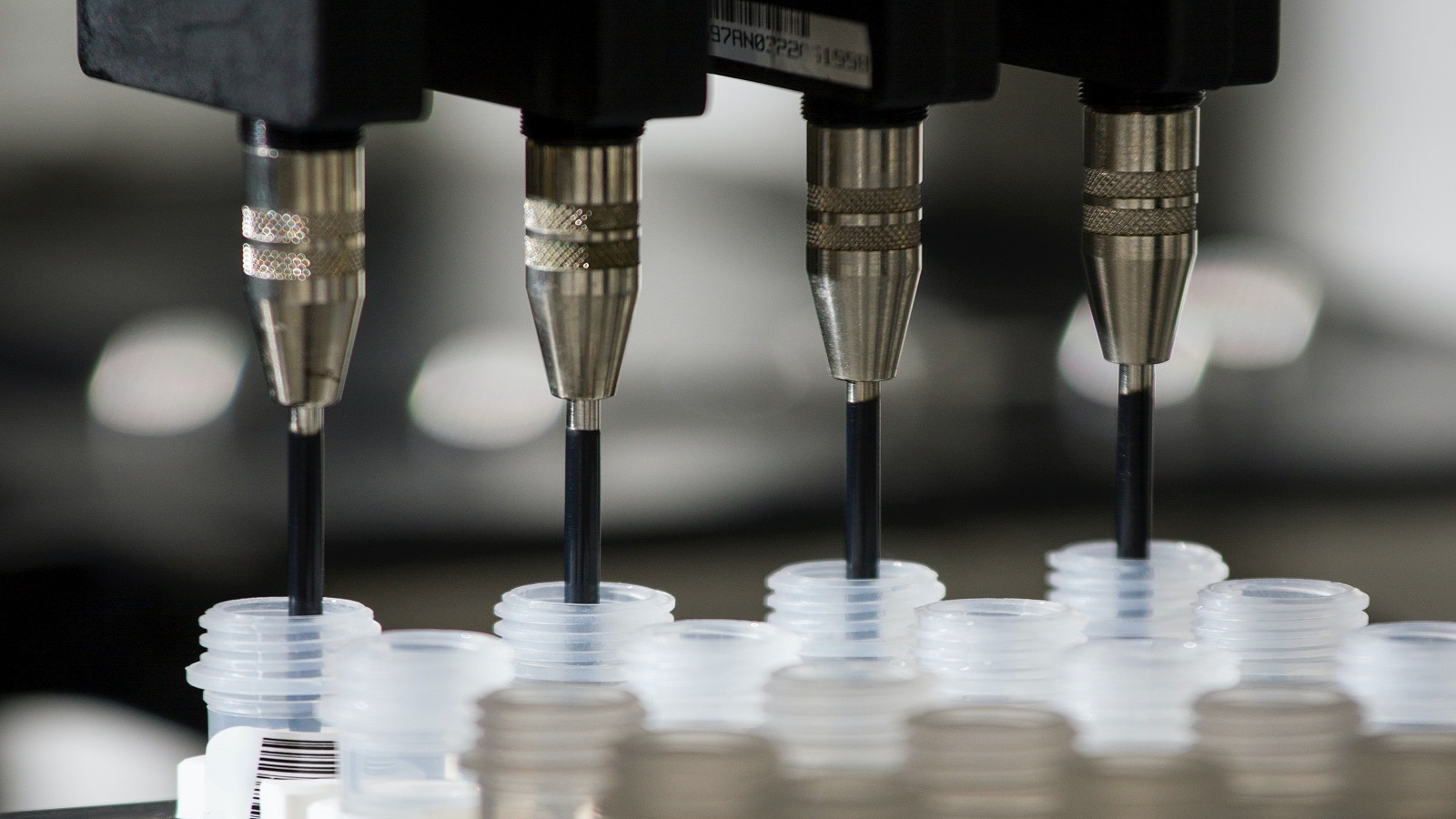The developer of the Twintelligent RCT recently announced a partnership that will accelerate late-stage clinical trials that examine digital twin designs.
Unlearn, an artificial intelligence developer, announced the multi-year partnership with Merck KGaA of Darmstadt, Germany, in a Feb. 16 press release.
The focus of the partnership will be advancing the approval of Merck's "immunology pipeline," the release stated. Provided that is successful, the companies said they would also like to expand into different therapeutics.
“We are very pleased to establish this collaboration with Merck KGaA, Darmstadt, Germany, and to be working with its world-class team who shares our vision for how AI and other innovative technologies can expand access to new medicines,” Charles Fisher, Ph.D., founder and CEO of Unlearn, said in the release. “Our solution has successfully proven that it can reduce the size of control arms by 30% or more and generate reliable clinical evidence in a fraction of the time.”
Unlearn designs digital twins, "which are comprehensive, longitudinal predictions of a patient’s prognosis on a control treatment," the release stated. "Integrating digital twins into clinical trials is expected to reduce the number of patients needed to be enrolled while enabling unbiased estimates of treatment effects. Unlike existing methods, such as external control arms, the method Unlearn has developed, to incorporate digital twins into Twintelligent RCTs™, does not introduce bias and maintains randomization, two aspects critical to regulators.”
Using Twintelligent RCTs™, Merck KGaA, Darmstadt, Germany, plans to incorporate prognostic information into its randomized controlled trials to enable smaller control groups and generate evidence suitable for supporting regulatory decisions, according to the release.

